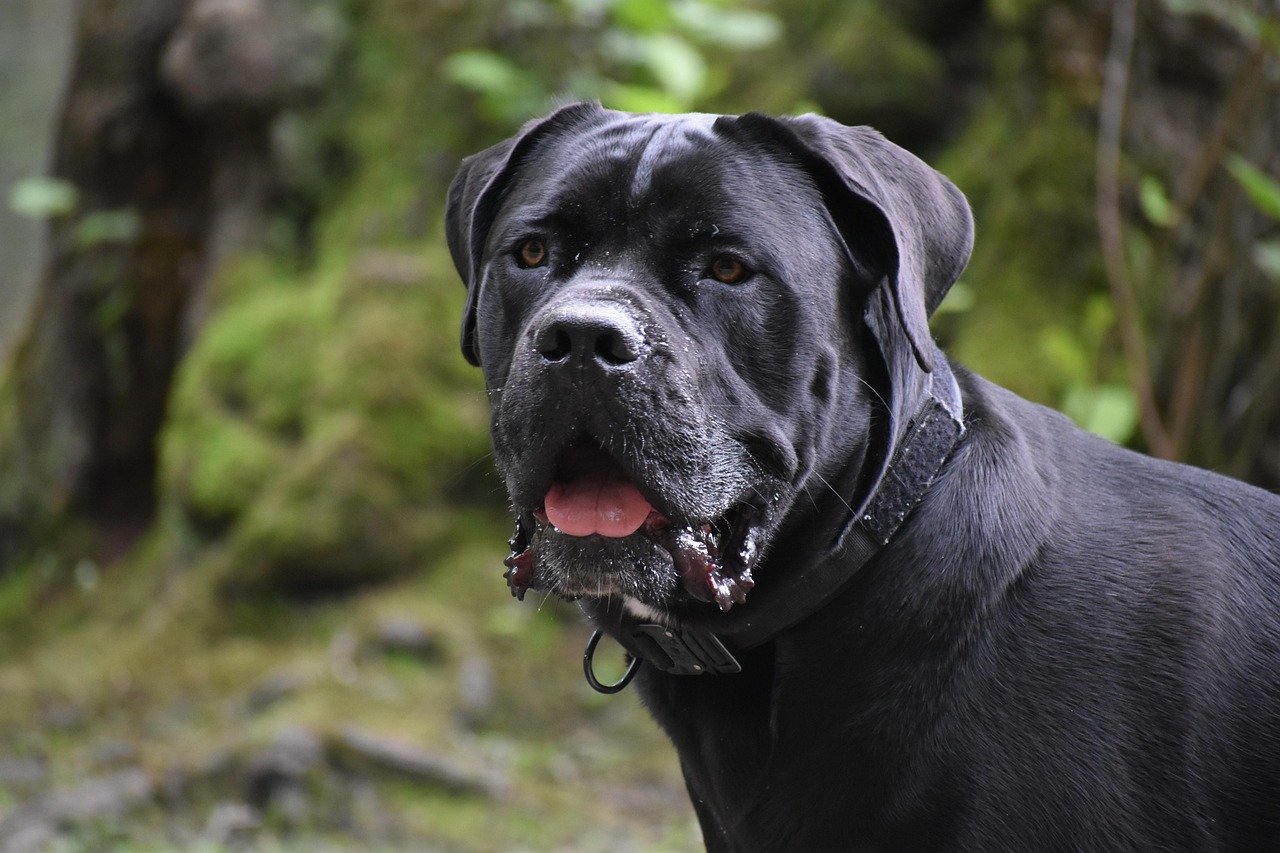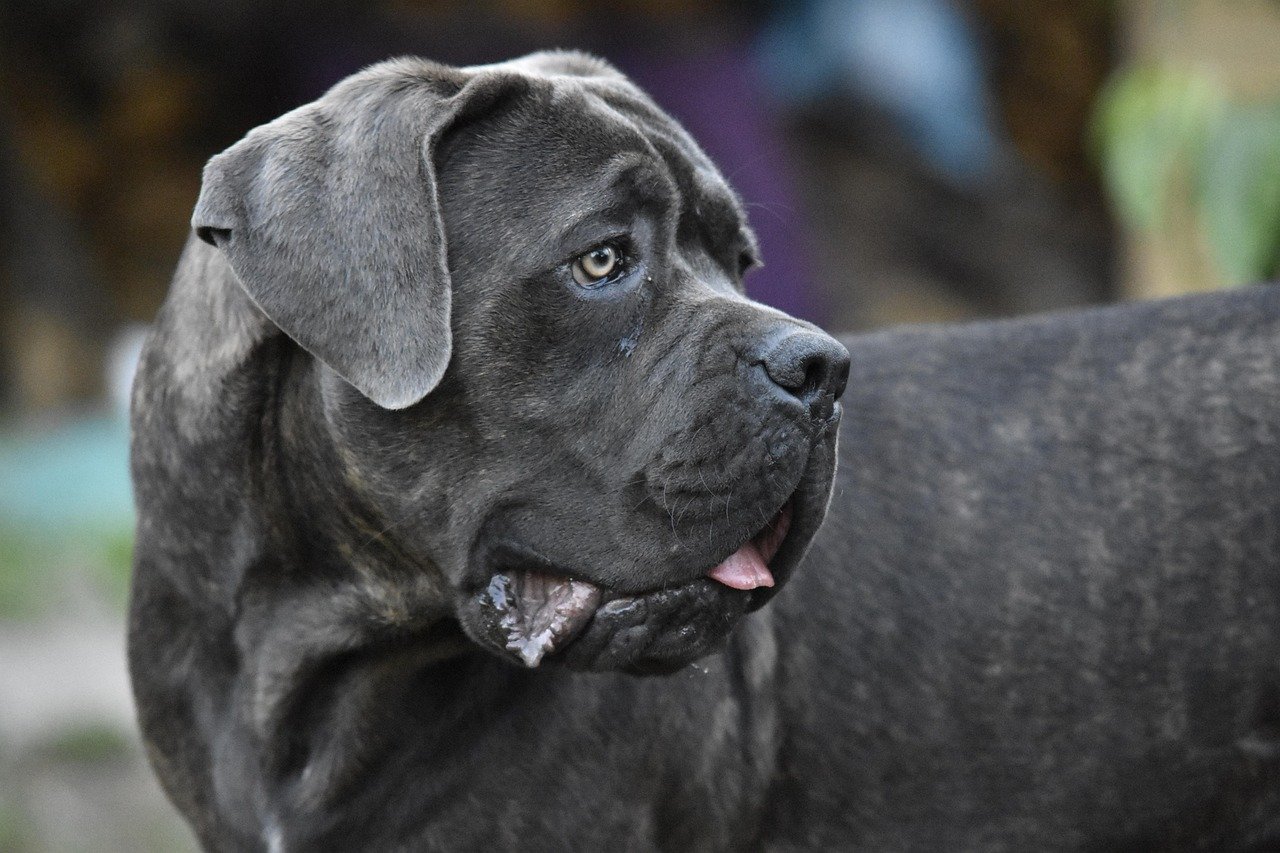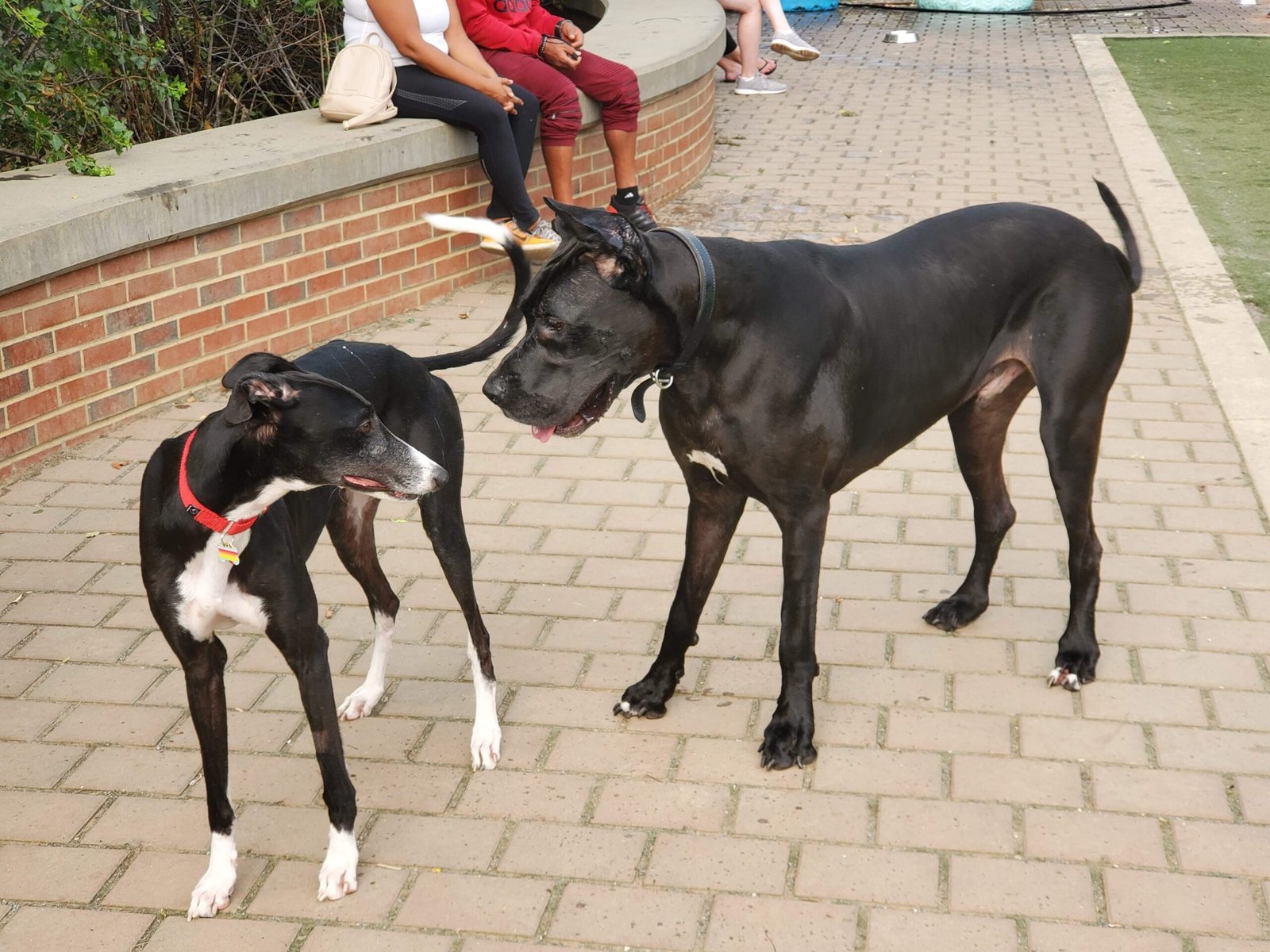Have you ever locked eyes with a Cane Corso and felt your heart skip a beat? Their muscular frame, noble head, and intense gaze look like they’ve jumped straight out of a legend. But behind that regal appearance lies a breed that’s not for the faint-hearted—or the casual dog owner. If you’re considering sharing your life with a Cane Corso, get ready for an adventure that’s as wild as it is rewarding. But beware: this Italian powerhouse is not a one-size-fits-all pup, and here’s why!
Looks That Command Attention—And Respect

When you see a Cane Corso, you can’t help but stare. These dogs are built like tanks, with powerful muscles rippling beneath a short, shiny coat. They look like ancient Roman warriors, and in a way, they are—their ancestors guarded farms and castles in Italy. But such a commanding appearance can be both a blessing and a curse. While friends might be impressed, strangers might cross the street. Imagine walking a lion on a leash; that’s the kind of attention you’ll attract! If you’re not ready to answer a hundred “What breed is that?” questions or handle a dog that turns heads everywhere, the Cane Corso might not be for you.
Brains and Brawn: A Double-Edged Sword

The Cane Corso is not just muscle—they’re smart, too. Sometimes, too smart! These dogs are natural problem-solvers and love a mental challenge. But here’s the catch: a bored Cane Corso is a mischievous one. Without enough stimulation, they can invent their own “fun”—like opening doors, rearranging your shoes, or figuring out how to escape the yard. They need an owner who can keep up with their brains as much as their brawn. If you’re not ready to match wits with your dog, you might find yourself outsmarted daily!
Training: Not for the Lazy

Forget about half-hearted training sessions—Cane Corsos demand consistency and firmness. They thrive on clear rules and strong leadership. If you give them an inch, they’ll take a mile, and maybe your sandwich, too! Training a Cane Corso isn’t just about teaching “sit” and “stay.” It’s about building mutual respect. This breed responds best to positive reinforcement but expects you to mean what you say. If you’re not committed to regular, structured training, you might end up with a dog that rules your house instead of the other way around.
Protective Instincts: Friend or Foe?

One of the Cane Corso’s most famous traits is their loyalty and protective nature. They adore their families and will do anything to keep them safe. But this guardian instinct can become a double-edged sword. If not carefully managed, a Corso might see every visitor, mail carrier, or passing squirrel as a potential threat. Socialization from an early age is absolutely crucial. You’ll need to expose your pup to all sorts of people, places, and situations to ensure they grow into a well-adjusted adult. If you’re not prepared to put in this effort, things can quickly get out of hand.
Exercise: More Than Just a Walk in the Park

Think your daily stroll around the block will tire out a Cane Corso? Think again! These dogs are athletes at heart and need plenty of vigorous exercise. A bored Corso with energy to burn can become destructive, anxious, or even aggressive. They thrive on activities that challenge both body and mind: running, hiking, advanced obedience, or even agility. If you prefer lounging on the couch to hiking up hills, this breed might turn your living room into their personal playground (and not in a good way).
Big Hearts Come with Big Responsibilities

Cane Corsos form deep bonds with their people. They’re not the type to be left alone in the yard or ignored for hours. They crave attention, affection, and a sense of purpose. This breed will follow you from room to room, always wanting to be part of the action. But such devotion requires time and emotional investment. If your lifestyle is too busy or unpredictable, a Cane Corso might feel neglected—and a neglected Corso can develop behavioral issues that are tough to tackle.
Not the Best Fit for Every Family

While Cane Corsos are known for being loving with their own families, they aren’t always the best choice for homes with small children or lots of visitors. Their sheer size and strength can be overwhelming, especially for little ones or the elderly. They may not always understand their own power, and accidents can happen. Plus, their protective nature sometimes makes them wary of strangers. If your household is chaotic or often has guests, you’ll need to be extra vigilant about managing your dog’s behavior to keep everyone safe and happy.
Health, Diet, and Lifespan: What to Expect

Owning a Cane Corso is not just a commitment of time and energy—it’s a financial one, too. These dogs can be prone to health problems like hip dysplasia, bloat, and heart issues. Their large size means they eat a lot, and quality food isn’t cheap. Routine vet visits, health screenings, and preventative care are musts. The average lifespan is around 9 to 12 years, but those years are filled with vet bills, special diets, and lots of TLC. If you’re not prepared for the cost and care involved, it’s worth considering whether a smaller, lower-maintenance breed might be a better fit.
Would you have guessed that such a stunning dog could be such a handful?






